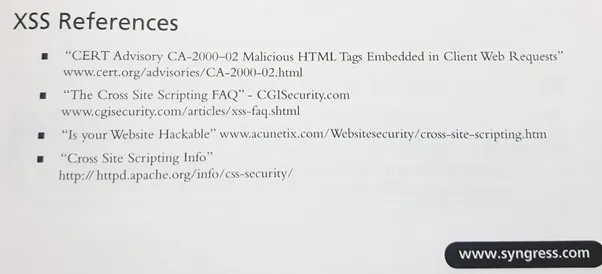|
Getting your Trinity Audio player ready...
|
Speaking with Dr Wright earlier this year, he mentioned he was looking forward to coming out publicly later this year. And he has certainly done just that. But it was never going to be without controversy.
Certainly ever since stepping back out into the public light, he has dealt with relentless attacks on his character, time and time again. None of this was unexpected.
There are many elements, particularly from Core’s headquarters that would like to see Dr Wright disappear again. His vision for Bitcoin, marries up with what many big blockers have for a long time been fighting for.
Being in a prominent position among, within a prominent blockchain company, has enabled Dr Wright to push forward his shared plan for a global, frictionless, electronic cash currency. Ironically, it is the sheer principle that Bitcoin itself was founded upon.
The problem with being vocal on the subject is that it pits you in direct competition with Blockstream, who have invested many millions of dollars into seeing their own business model, work with Bitcoin. What is the business model? Well CEO Adam Back recently commented on Blockstream’s plan to sell side-chains, taking transaction fees, and charging monthly fees… If Dr Wright’s fight for Bitcoin BCH holds water, then it is in direct competition with Segwit1x – absolutely. A Bitcoin that exists without fees, absolutely trumps a version that requires fees. On the other hand, if Blockstream and Core are correct, that is if big blocks don’t work, then Core is right, and Blockstream’s business model may have a future.
Can big blocks propagate safely without centralizing Bitcoin?
That answer will be revealed very soon at the Scaling Bitcoin conference next week, and I will be more than happy to report on the presentation of results, straight from HQ.
But the rivalry has come with numerous, relentless attacks on Dr Wright. Each time, directly attacking his credibility. The often over-stated line is “known fraud”. If it is so known, why the relentless need to constantly vilify the man.
There is a very interesting summary of Plato’s Ring of Gyges, which you can read about here. But in summary, the person who is ‘just’ and the one who is ‘unjust’, may not be so black and white, in fact, it can very much be the reverse.
The latest attack on Dr Wright’s credibility accuse him of plagiarising entire sections of work in his book “The IT Regulatory and Standards Compliance Handbook”. The original accusation which Dr Wright has already rebutted, has resurfaced on the Core-aligned form r/bitcoin and attempts to defame his work.
The accusation of plagiarism carries a lot of negative implication. For one to accuse, you would have to have concrete evidence, and a non-bias predisposition.
Wikipedia’s first line on plagiarism states “Plagiarism is the “wrongful appropriation” and “stealing and publication” of another author’s “language, thoughts, ideas, or expressions” and the representation of them as one’s own original work.”
The dictionary definition is consistent: “the practice of taking someone else’s work or ideas and passing them off as one’s own.”
The key in this determination is whether or not, one person’s work, is attempted in being passed of as another’s.
In academia in particular, this can be a real issue. Importantly, to build knowledge, we constantly have to build on somebody else’s work. This does not mean, we claim someone else’s inventions or writings as our own. It means, that all new concepts, inventions, and ideas, inherently, build upon other people’s work to begin with. This is how knowledge gains traction in the real world.
The concept isn’t anything new, nor is it some elusive art. Every published paper, or book, of this nature, generally comes with a list of references – that is – other people’s work which we build upon.
In effect, plagiarism is not plagiarism if you have referenced the source material. If the source material is referenced, then it cannot by definition, be deemed as plagiarism, unless there is a clear contradiction, where the author is intentionally trying to claim credit, and attempts to conceal attribution.

In Dr Wright’s case, he does not attempt to conceal attribution. References are clearly listed.
To illustrate this another way, suppose you invent a tri-cycle, but use a bicycle as the base element of work. Many of the mechanics would be very similar, but some would be different. A large portion of work would actually stem from the inventor of a bicycle. Adding a third wheel, changes the dynamics of many things, including the physics and safety of the invention. But mechanically, much remains similar. Provided you give attribution where necessary to the inventor of the bicycle, you have not at all plagiarised.
In fact, it is absolutely necessary to build on other works in order to complete your own.
Bitcoin itself was built on many other people’s works from before hand. In fact, an early version of the Block chain had already existed… The difference with Bitcoin however was that it improved on it, and essentially turned it into a new, more workable invention.
The ‘proto-blockchain’ was actually based on units of ‘coin’ moving from address to address. Satoshi fundamentally changed this to be a calculation of inputs and outputs. A simple change in idea, which fundamentally changed everything in-turn.
Knowledge builds. We reference, we re-use, and we improve.
Eli Afram
@justicemate.

 06-30-2025
06-30-2025 





